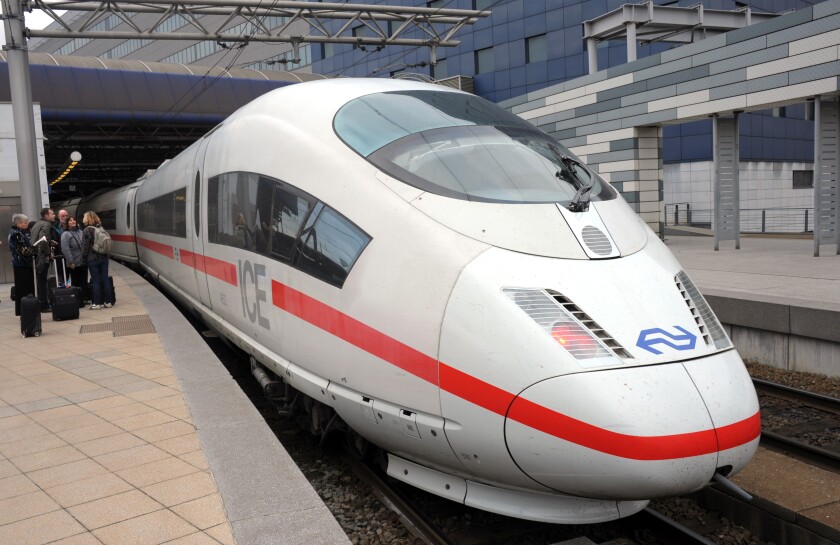Deutsche Bahn saw its rating bumped up by two notches this month to AA+ with S&P, in part because of the German government’s economy-boosting fiscal spending plans. This is the thin edge of the wedge in Europe and investors should prepare for a wave of improved credit ratings across the continent.
Germany is planning to spend hundreds of billions on infrastructure in response to the US demands that Nato members spend more on defence and its volatile tariff regime.
It is not the only European Union member ramping up spending, with others this summer pledging to increase defence spending from around 2% of GDP to 3.5%-5%.
This means more government money will be funnelled into the corporate sector, with infrastructure — like railways — and defence companies the first in line to reap the benefits.
But, from a corporate creditworthiness perspective, the benefits will not stop just at the companies on the front line of Europe’s ambitious spending plans.
Increased output from infrastructure and defence companies will require more raw materials and components, dealing in a host of other industries and companies.
And when the end customer is the government, it only adds to the creditworthiness of the companies engaged in the process.
Good, but mostly bad
In theory, the improving creditworthiness ofs European companies should be a boon for debt investors but in practice things are not so peachy.
It is hard to imagine that Deutsch Bahn was any more likely to default at AA- than it is at AA+. The risk of an investment grade company defaulting is vanishingly small, to the point where it can almost be discounted completely.
But spreads tell a different story. The average price paid by corporates rated BBB- for senior euro benchmark bonds over the last quarter was 140bp over mid-swaps, according to GlobalCapital’s Primary Market Monitor. For BBB+ corporates, this was 115bp over.
Widespread improvement of credit ratings means one thing for investors — already tight spreads have yet another reason to go even tighter.

